Like many mental health disorders, depression may not always be easy to recognize in a loved one or yourself. And unlike acute injuries such as a broken bone, depression is caused by a combination of genetic, biological, environmental, and psychological factors. Recognizing the hidden signs of depression early, however, and finding appropriate support to mitigate them is important to one’s overall health and well-being. The purpose of this blog is to highlight some of the hidden signs of depression and offer some solutions if you have identified them in yourself or a loved one.
Physical Symptoms of Depression
Physical symptoms are quite common in depression but may be a reason that depression goes undetected. In one study of depression of nearly 1,200 patients, almost 70% of participants reported physical symptoms, not mental health symptoms, as their reason for their visit to primary care. In the same study, there was a strong correlation as the number of physical symptoms increased; of those reporting 4 to 5 physical symptoms, 23% had a mood disorder, and of those reporting nine or more physical symptoms, 60% had a mood disorder. A few specific signs of depression that have physical symptoms include unexplained aches and pains, changes in sleep patterns, or a persistent feeling of fatigue even after a full night’s rest.
Emotional Symptoms of Depression
Emotional symptoms of depression, such as sadness or hopelessness, may be relatively easy to recognize. However, not all emotional symptoms of depression are easy to identify. Examples of hidden signs of depression include frustration or anger (this may be more common among men or adolescents), difficulty making decisions and procrastinating, an increased desire for perfectionism, and a loss of interest in hobbies or activities that used to bring you or a loved one joy. When considered in individual instances over time, these emotional symptoms of depression may appear simply as moodiness or as part of a bad day. When considered more comprehensively, however, they may begin to tell a bigger story.
Hidden Signs of Depression - Changes in Lifestyle
Someone experiencing depression may make lifestyle changes, and these, too, can be subtle. Weight changes, either up or down, may indicate a change in appetite. Poor personal hygiene (such as wearing the same clothes repeatedly or skipping showers) could be a hidden sign of depression. Increased use of drugs or alcohol could also be a symptom.
Is All Depression Considered Major Depression?
No. Depression can manifest in several forms. Persistent depressive disorder, or dysthymia, might be less severe than major depression, but it often lasts longer (as long as two years or more). Seasonal affective disorder (SAD) is associated with seasonal changes, and symptoms usually appear when there is less sunlight. Minor depressive disorder is similar to major depression but typically has fewer symptoms, perhaps 2 to 5. The point is that we are all unique, and the way that depression manifests in us or a loved one is often not cut and dry; it can easily be more understated than overt.
How Should I Approach the Hidden Signs of Depression?
As explained in this article, when hidden signs of depression go unnoticed or are observed “in a vacuum” without considering the overall picture of a person’s mental health, it can be easy to miss that you or a loved one might be depressed. Here are a few tips to remember:
- Use a wide scope for context. Think about your mental health or the mental health of a loved one over a more extended period, such as over a week instead of just one afternoon. Consider any physical, emotional, behavioral, or lifestyle changes.
- How many unique physical symptoms have you observed? As this number increases, the possibility that someone may be suffering from major depression also increases.
- Use empathy and patience. Whether talking to yourself or to a loved one that may be experiencing depression, empathy and acceptance can go a long way.
Pinnacle Detox & Recovery Can Help with Depression
Our caring medical professionals are committed to providing personalized, compassionate care for co-occurring substance use disorders and mental health disorders, including depression. We offer several treatment options and therapy, including cognitive behavioral therapy (CBT), individual therapy, and group therapy. Contact us today if you or a loved one are ready to take steps toward the happiness and wellness you deserve.






